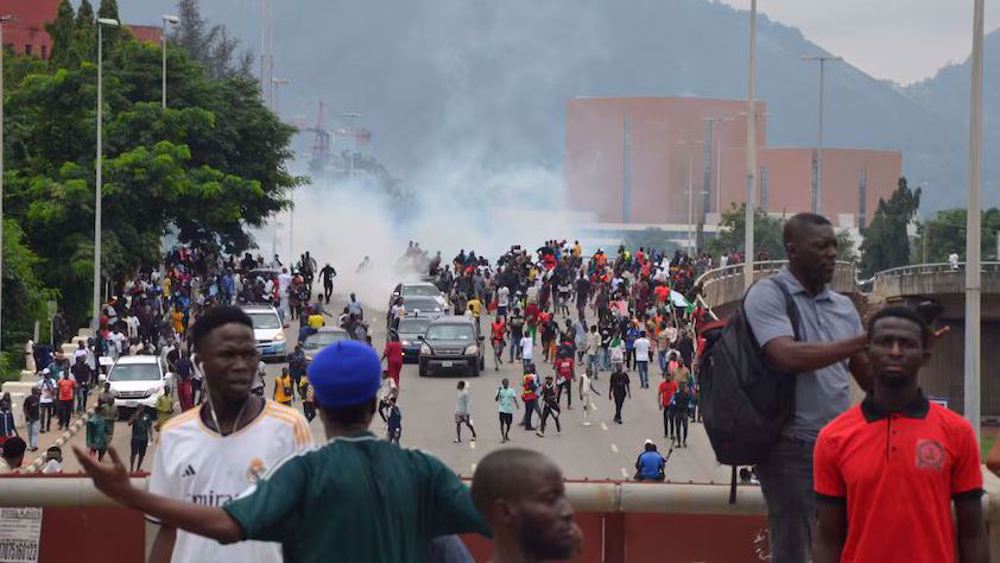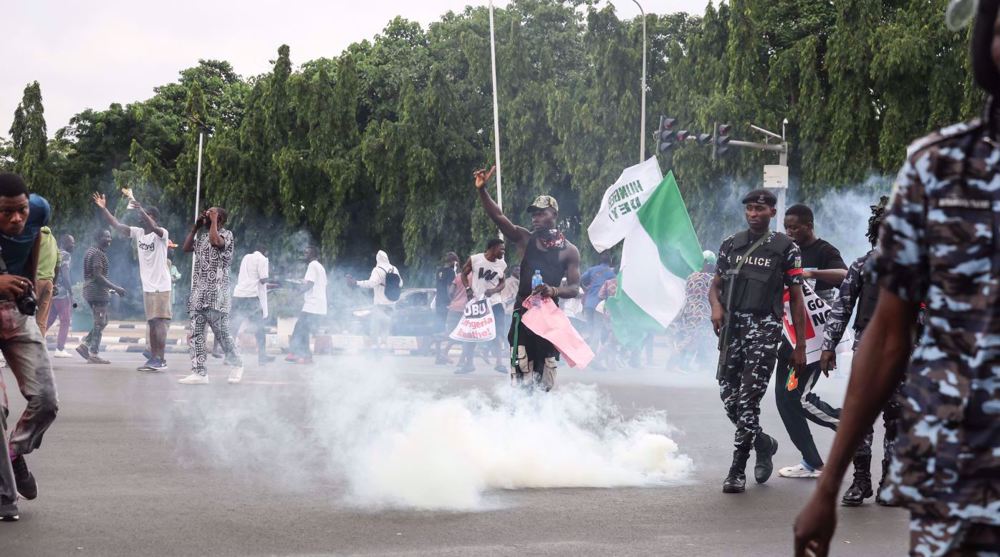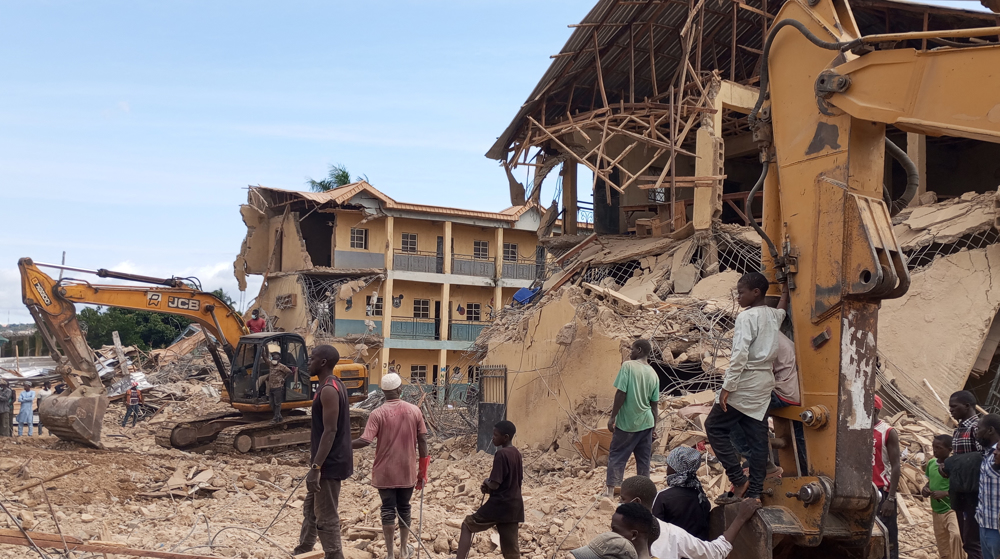23 killed in bombing attacks on Chad police buildings
At least 23 people have lost their lives after separate bomb attacks struck a police headquarters and academy in the capital of Chad, N'Djamena, as the Central African country’s government forces are battling Nigeria-based Boko Haram Takfiri militants.
Chadian Information Minister Hassan Sylla Bakari said on Monday afternoon that four assailants blew themselves up in the twin morning attacks. He added that more than 100 other people were also wounded in the assaults.
Meanwhile, Interior Minister Abderahim Bireme Hamid has said that security forces had locked down the area. He said it was too early to give any toll from the incident. The government has also convened an emergency meeting in the wake of the bombings.
Chad together with Niger, Cameroon and Nigeria has been carrying out a coordinated offensive against Boko Haram militants in Nigeria’s Borno State since March 8.
Thousands of troops from Niger and Chad were stationed in Bosso and Diffa in January.
The offensive has succeeded in reclaiming swathes of territory seized by Boko Haram Takfiris.
Dozens of Boko Haram militants on board motorized boats attacked the fishing village of Ngouboua, which lies about 20 kilometers (12 miles) east of the Nigerian border, on February 13, setting houses ablaze and attacking a police station.
"They came on board three pirogues and succeeded in killing about ten people before being pushed back by the army," a villager, requesting not to be named, said at the time.
A spokesman for the armed forces said that five Chadians were killed, including local chief Mai Kolle, a police officer and three civilians.
Boko Haram, whose name means “Western education is forbidden,” says its main goal is to overthrow the Nigerian government. It has claimed responsibility for a number of deadly shooting attacks and bombings in various parts of the country.
The militants have pledged allegiance to the ISIL militant group, which is primarily operating inside Iraq and Syria.
About 15,000 people have been killed and around 1.5 million others displaced since Boko Haram started its militancy in 2009.
MP/NN/HMV
‘Ethnic cleansing’: Hamas blasts Israeli attacks on Gaza hospital amid intl. silence
Saudi delegation meets HTS leader at presidential palace in Damascus
Relentless Israeli ceasefire violations justify need for self-defense: Lebanese MP
Tel Aviv tells Damascus Israeli forces will remain in occupied territory: Report
Dec. 22: ‘Axis of Resistance’ operations against Israeli occupation
‘Abhorrent’: Oxfam says only 12 trucks delivered aid in North Gaza since Oct.
VIDEO | Leader receives religious eulogists on Hazrat Fatima birth anniv.
Pope Francis slams Israel’s ‘machine-gunning’ of Gaza children










 This makes it easy to access the Press TV website
This makes it easy to access the Press TV website